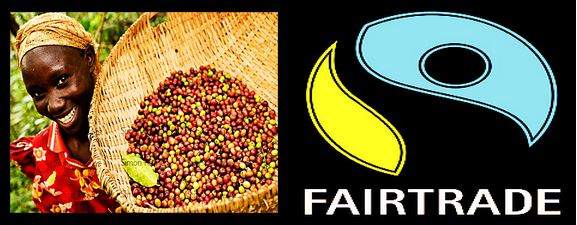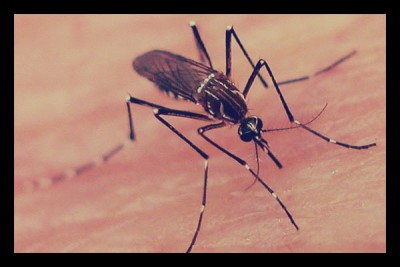
Coffee is the second most-traded commodity and one of the most consumed drinks around the world. The consumption of coffee is a universal business within its own, for its demand is incredibly high worldwide. Drinking coffee has become almost second nature to many who can afford it. American author and journalist, Sarah Vowell, says that she realized that drinking a mocha, although seemingly trivial, was in fact “to gulp down the entire history of the New World.” She continues on to say that the modern mocha is nothing less than a “bittersweet concoction of imperialism, genocide, invention, and consumerism served with whipped cream on top.”
Taken into consideration how big of a role coffee plays in people’s lives today, one would think that people would know where their coffee was coming from and what kind of conditions it was produced in. However, the truth is to the contrary because many people have no idea what conditions coffee producers undergo. Approximately 25 million farmers depend on coffee production/sales to make their living, and many of them live in poverty. The coffee market is prone to severe fluctuations due to changes in climate which in turn affect the growth patterns of coffee plants. Due to the longevity of the growth of coffee plants, producers cannot react quickly to changes in coffee demand. Thus, this is where smart consumers can help poor people, and in particular, coffee producers.
As smart informed consumers, people can buy certified fair trade coffee which basically means that farmers and coffee producers are paid a fair and stable price regardless of changing conditions. A recent Oxfam Australia survey reports that more than 85% of consumers want more fair trade products in their supermarkets, and 60% believe that their consumer decisions can make a difference in the lives of producers and farmers in less-developed countries. Marcial Valladolid, from CACVRA, which is a small producer organization in Peru, expressed how coffee cultivation used to disappoint him because the money he made was not remotely close to cover the cost of his coffee production. CACVRA uses its fair trade premium to “support and improve organic cultivation and certification.” By joining this cooperative, Marcel is content that he was able to receive some profit, and he is hopeful for a future with more fair trade.
It is no wonder that coffee was once described by Neil Gaiman as “sweet as sin,” taking into account all the producers and farmers horribly affected by our enjoyment of their produce. Majority of coffee producers live in developing countries including Brazil, Colombia, Vietnam, Indonesia, Ethiopia, and Mexico. Luckily, our enjoyment can come as a better price as the conditions can change because certified fair trade products are becoming increasingly available and accessible through independent grocers, major supermarkets, and retail stores. Thus, making the switch to becoming a smart consumer could not be any easier today. Make the switch today and change people’s lives.
– Leen Abdallah
Sources: AU News, Good Reads
Photo: Google, Google



 Brazil has a dengue fever epidemic. Compared to 2012, nearly three times as many Brazilians have been infected with dengue fever in 2013’s first seven weeks, according to health officials. The mosquito-borne disease has spread to over 200,000 people, whereas last year, there were roughly 70,000 reported infections. To make matters worse, the heavy levels of rainfall create beneficial conditions for mosquito breeding, leading experts to believe that the climate will add additional challenges for medical professionals.
Brazil has a dengue fever epidemic. Compared to 2012, nearly three times as many Brazilians have been infected with dengue fever in 2013’s first seven weeks, according to health officials. The mosquito-borne disease has spread to over 200,000 people, whereas last year, there were roughly 70,000 reported infections. To make matters worse, the heavy levels of rainfall create beneficial conditions for mosquito breeding, leading experts to believe that the climate will add additional challenges for medical professionals.
